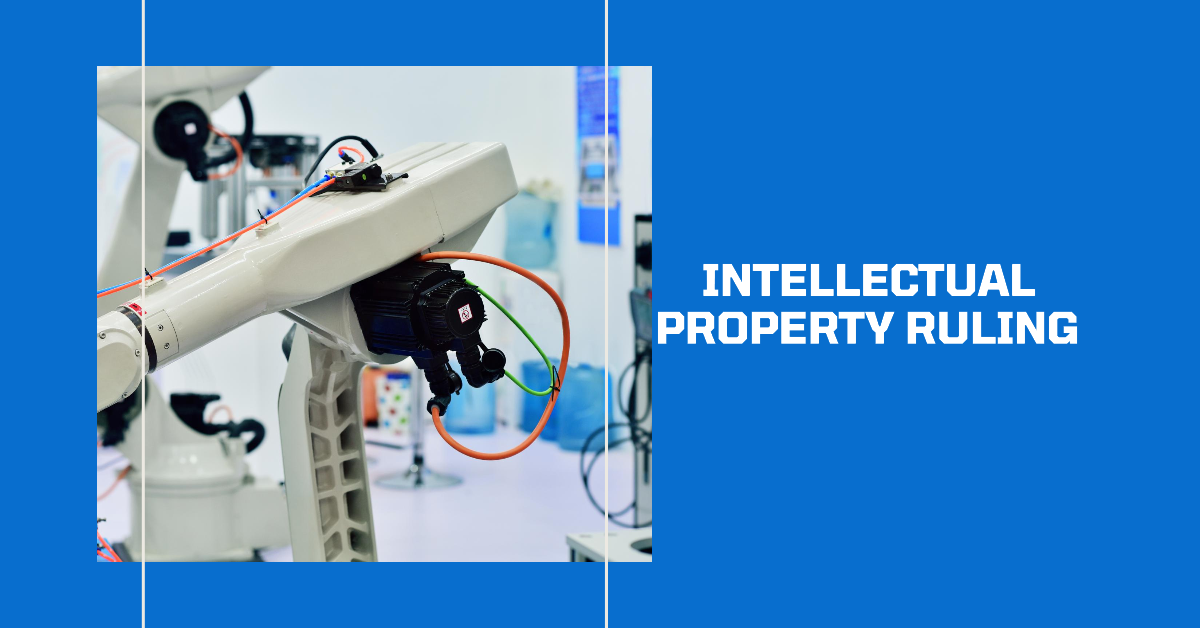A Groundbreaking Intellectual Property Ruling Opens Up Opportunities for AI-Powered Chemists


In a landmark ruling, the intellectual property landscape is poised for transformation, opening novel avenues for chemists leveraging artificial intelligence (AI). This groundbreaking decision carries significant implications for the field, promising newfound opportunities for innovation and collaboration.
The Legal Shift: This pivotal ruling signals a departure from traditional intellectual property norms, particularly in the realm of chemistry and AI. As the legal landscape adapts to technological advancements, chemists working with AI stand to benefit from enhanced protection and recognition of their innovative contributions.
Recognition for AI-Generated Inventions: One of the key outcomes of this ruling is the acknowledgment of AI-generated inventions within the realm of intellectual property. Chemists employing AI algorithms to design new molecules or optimize chemical processes can now find a more secure foothold in protecting their creations. This recognition is expected to spur increased investment and interest in AI applications across the chemistry spectrum.
Empowering Innovators: The decision empowers chemists and researchers working at the intersection of AI and chemistry, providing a clearer path for protecting their intellectual property rights. This empowerment is anticipated to stimulate a surge in research and development efforts, fostering a climate conducive to groundbreaking discoveries and advancements in the chemical sciences.
Collaborative Potential: With this legal shift, opportunities for collaboration between AI-driven chemists and traditional research entities expand. The synergy between human expertise and AI capabilities becomes a catalyst for innovation, promising solutions to complex chemical challenges that were previously insurmountable.
Challenges and Ethical Considerations: While the ruling is a cause for celebration, it also brings forth challenges and ethical considerations. Questions surrounding authorship, accountability, and transparency in AI-generated inventions necessitate careful examination. The legal system and industry stakeholders are poised to address these concerns, ensuring a balanced and ethical integration of AI in the realm of intellectual property.
Impact on Education and Training: The transformative effects of this decision extend to education and training within the field of chemistry. Institutions are expected to incorporate AI-centric curricula, preparing the next generation of chemists for a landscape where collaboration with AI is not only accepted but encouraged.
Global Implications: This landmark ruling has global implications, setting a precedent for other jurisdictions to consider the recognition of AI-generated inventions in intellectual property. As countries adapt their legal frameworks, a harmonized approach to safeguarding the rights of AI-driven chemists on an international scale becomes increasingly relevant.
The intellectual property ruling represents a watershed moment for chemists integrating AI into their work. With increased recognition, empowerment, and collaborative potential, this legal shift is poised to reshape the landscape of innovation in chemistry, paving the way for a new era of possibilities at the intersection of artificial intelligence and chemical sciences.
Oops! We could not locate your form.